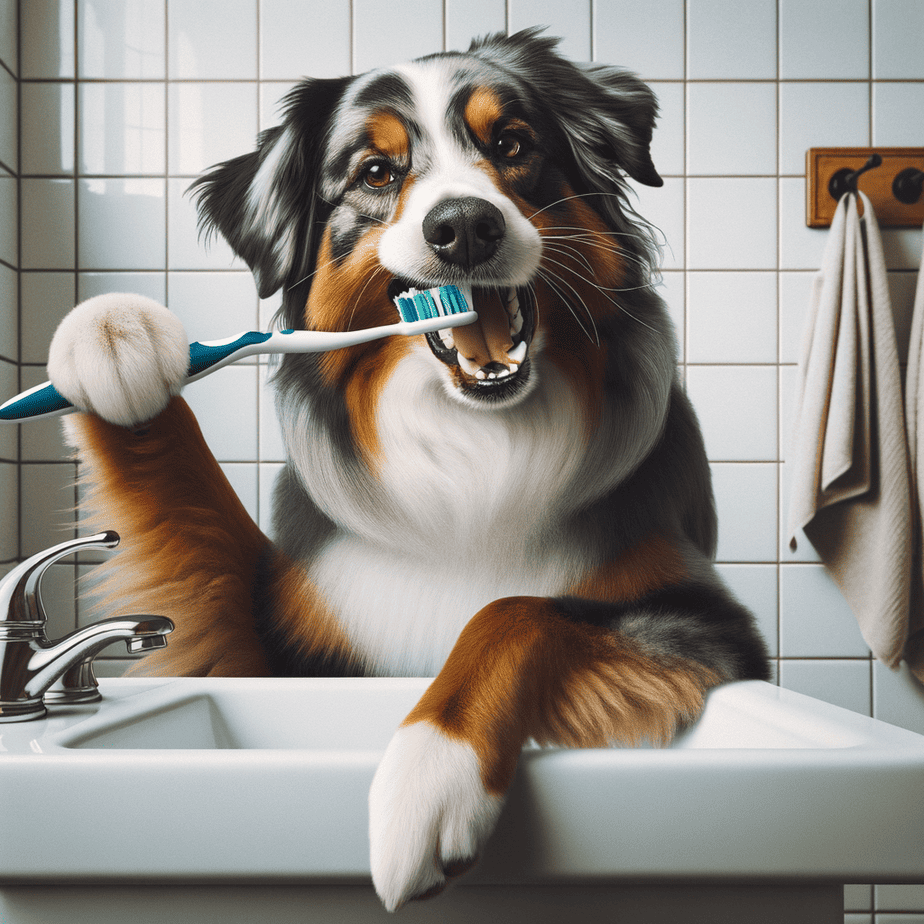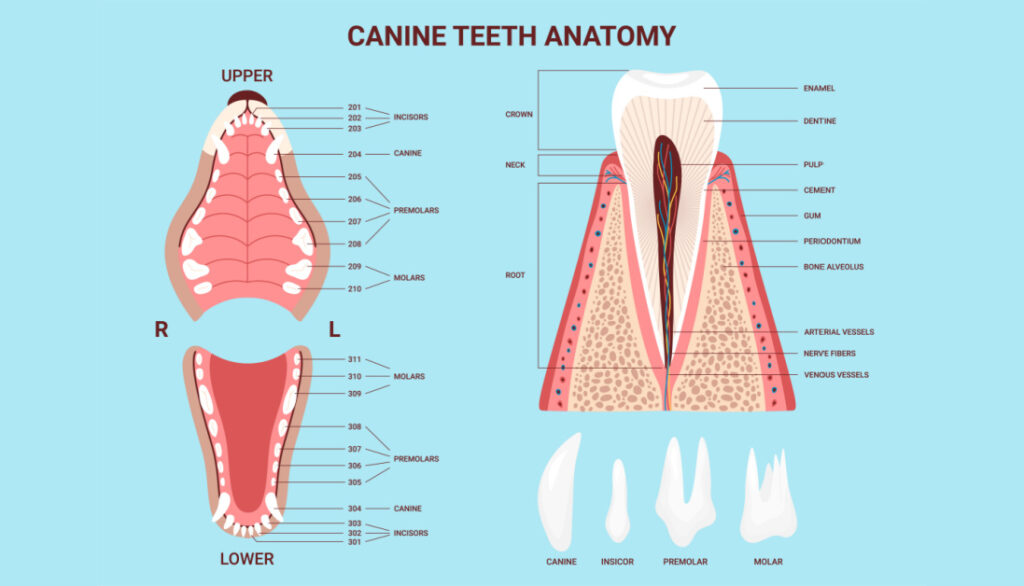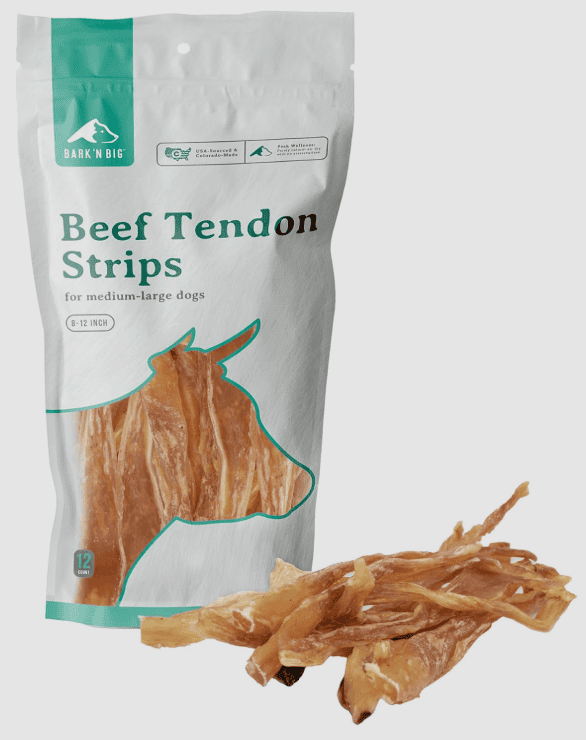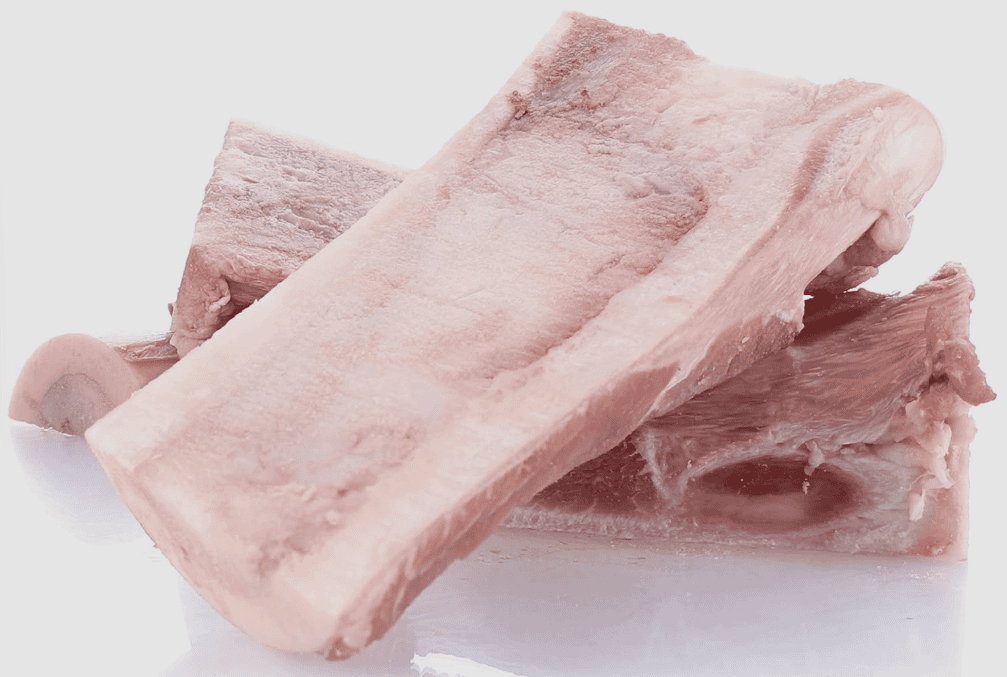Hi there, fellow dog lover! I’m Dr. Candy, and today we’re going to talk about a topic that’s close to my heart – Australian Shepherd Dental Health. You see, our furry friends’ dental health is just as important as ours. Poor dental health can lead to a host of other health issues in dogs, just like in humans. And the Australian Shepherd is no exception.
Our Aussie friends are known for their energy, intelligence, and striking good looks. But, they’re also prone to certain dental health issues that we, as responsible pet parents, must be aware of. From common symptoms of dental disease to effective treatments, we’ll cover it all.
Whether you’re a seasoned Australian Shepherd owner or a newbie, this guide will provide you with practical tips and advice to ensure your Aussie’s teeth stay as healthy as possible. So, let’s get started on this journey to better dental health for your Australian Shepherd!

Signs of Dental Disease in Australian Shepherd
As a holistic veterinarian and a dog parent myself, I understand how concerning it can be to suspect that your beloved Australian Shepherd might have dental issues. Being aware of the signs of dental disease in Australian Shepherds is a crucial part of ensuring their overall health and happiness.
One of the most common signs of dental disease in Australian Shepherds is bad breath. While it’s normal for dogs to have a distinct breath odor, extremely foul breath could indicate a dental problem. Furthermore, if your Australian Shepherd excessively drools or drops food while eating, these might also be signs of oral discomfort or disease.
Another tell-tale sign of dental disease is a change in eating habits. If your Australian Shepherd is favoring one side of their mouth, eating slower than usual, or showing a loss of appetite, it may be because of dental pain. Other visible signs include discolored, broken, or loose teeth.
Examining your dog’s mouth regularly can also reveal symptoms such as swollen or bleeding gums, tartar build-up on the teeth, and even abnormal growths or sores. While some of these signs might be subtle, they could indicate serious dental issues that require immediate attention.
Behavior changes can also signal dental disease. If your Australian Shepherd is suddenly irritable, lethargic, or less interested in playtime, it might be due to oral discomfort. Some dogs may even paw at their mouth or face, or show signs of difficulty in opening or closing the mouth.
Common Dental Health Issues in Australian Shepherd
As a veterinarian, I’ve seen many Australian Shepherd Dental Health issues in my practice. These dogs are known for their intelligence and agility, but they’re also prone to certain dental health problems. Understanding these issues can help you maintain your dog’s oral health and overall well-being.
The most common dental health issue in Australian Shepherds is periodontal disease. This is an infection of the tissues that hold the teeth in place and it’s usually the result of poor dental hygiene. Symptoms include bad breath, loose teeth, and bleeding gums. If left untreated, it can lead to tooth loss and systemic infections.
Australian Shepherds also frequently suffer from broken or fractured teeth. These dogs are avid chewers and they can easily break a tooth if they chew on something hard, like a bone or a toy. Broken teeth can be very painful and can lead to infections if not treated promptly.
Another common issue is tooth resorption. This is a condition where the dog’s body starts to absorb the tooth, leading to pain and tooth loss. The exact cause of tooth resorption in dogs is unknown, but it’s thought to be related to the dog’s immune system.
To prevent these common Australian Shepherd Dental Health issues, regular dental check-ups, proper diet, and good oral hygiene practices are crucial. If you notice any changes in your dog’s eating habits or behavior, it’s important to consult with your vet immediately.

Conventional Dental Treatments for Australian Shepherd’s
When it comes to maintaining your Australian Shepherd’s dental health, conventional treatments play a crucial role. One such treatment is anesthetic dental cleaning. This procedure is typically conducted by a veterinarian and involves thorough cleaning and polishing of your dog’s teeth while they are under general anesthesia.
Anesthetic Dental Cleanings
Anesthetic dental cleanings are comprehensive and can reach the under-the-gum-line areas, which are usually the primary sites of periodontal infections. These cleanings can be instrumental in preventing and treating dental diseases in your Australian Shepherd, ensuring they have a healthy mouth and fresh breath. However, it’s essential to understand that this procedure, like any other that involves anesthesia, comes with risks. Therefore, it’s crucial to have a discussion with your vet about the pros and cons before deciding to proceed.
Potential Individual Health Obstacles for Australian Shepherds
While anesthetic dental cleanings can be highly beneficial, there might be certain health obstacles that could make this procedure risky for some Australian Shepherds. Dogs with heart problems may not tolerate anesthesia well, making this procedure potentially dangerous. Similarly, some Australian Shepherds may have drug sensitivities, which could lead to adverse reactions to the anesthetic agents used.
Instances of seizures can also make anesthesia risky. If your dog has a history of seizures, it’s crucial to discuss this with your vet before any procedure that requires anesthesia. Furthermore, extreme age can also be a factor. Older dogs often have various underlying health issues that can increase the risks associated with anesthesia.
Remember, every dog is unique, and what works for one might not work for another. Therefore, it’s essential to consider your dog’s individual health status and consult with your vet before deciding on any dental health treatment. By doing so, you can ensure that your Australian Shepherd’s dental health is maintained in the safest and most effective way possible.
In the end, your Australian Shepherd’s dental health is a crucial aspect of their overall well-being. Regular check-ups, cleanings, and appropriate treatments can help keep their teeth healthy and their breath fresh, contributing to a happier and healthier life for your furry friend.
As a veterinarian, I am a firm believer in a holistic approach to dental health for Australian Shepherds. This breed is known for its high energy and intelligence, but they can also be prone to dental issues. Therefore, it’s important to consider every aspect of their health, including their diet and the use of probiotics.

Diet: Low Carbs, Avoid Added Sugars, Enzymes In Fresh Food
The first step in maintaining your Australian Shepherd’s dental health is to provide them with a balanced, low-carb diet. Carbohydrates can lead to plaque buildup, which can further lead to dental diseases. So, it’s best to give your pet foods that are low in carbs and high in proteins.
Added sugars are another no-no. Just like in humans, sugar can lead to tooth decay in dogs. Therefore, avoid giving your Australian Shepherd any food or treats that contain added sugars.
Lastly, include fresh foods in your dog’s diet. Fresh foods are rich in enzymes that can help maintain oral hygiene. Foods like raw carrots and apples can act as natural toothbrushes, scrubbing off plaque as your dog chews them.
Oral Health Specific Probiotics
Probiotics are not just beneficial for digestive health, they can also play a significant role in maintaining dental health. Oral health specific probiotics, like Probiora for Dogs, are designed to support your dog’s oral health by balancing the bacteria in their mouth. This can help prevent plaque buildup and bad breath.
Probiora for Dogs is a product I often recommend. It’s easy to use – you just sprinkle it on your dog’s food once a day – and it’s made specifically for dogs, so it’s safe and effective. Plus, it’s a great way to support your Australian Shepherd’s overall health, not just their dental health.
Remember, taking care of your Australian Shepherd’s teeth is just as important as taking care of their coat or their diet. By incorporating a low-carb diet, avoiding added sugars, including fresh foods rich in enzymes, and using oral health specific probiotics, you can help ensure your Australian Shepherd’s mouth stays healthy and their breath stays fresh.
Australian Shepherd Dental Health is about more than just brushing their teeth – it’s about taking a holistic approach to their health. So, start implementing these tips today, and you’ll be well on your way to maintaining your Australian Shepherd’s dental health.

Recommended Dental Chews & Products For Australian Shepherds
The Failure of Commercially Promoted Dental Chews
Many commercially promoted dental chews are marketed as beneficial for your Australian Shepherd’s dental health, but they often fall short. They may seem like a quick fix, but the reality is that many of these products are packed with unhealthy additives, artificial flavors, and sugars. These substances can actually lead to more dental problems in the long run, such as cavities and gum disease. Furthermore, some of these dental chews are too hard and can cause tooth fractures.
Another product often recommended for dental health is drinking water additives. However, these can disrupt your Australian Shepherd’s gut health by killing the beneficial bacteria in their digestive system. Therefore, it’s essential to choose products that are not only effective in maintaining dental health but also safe for your Aussie’s overall well-being.
Dr. Candy’s Recommended Dental Chews & Products for Australian Shepherds
When it comes to maintaining your Australian Shepherd’s dental health, natural chews and products are the way to go. They not only help in scraping off plaque and tartar from your Aussie’s teeth but also provide them with necessary nutrients.
Tendons
Tendons are a fantastic natural chew for your Australian Shepherd. They are tough and fibrous, which helps to scrape off plaque and tartar from your dog’s teeth. Plus, they are a good source of protein and collagen, promoting good joint health.

Raw Marrow Bones
Raw marrow bones are another excellent choice for maintaining your Australian Shepherd’s dental health. They are a natural source of calcium and phosphorus, which are essential for healthy teeth and bones. Furthermore, the act of gnawing on bones can help to clean your dog’s teeth and gums.

Bully Sticks
Bully sticks are made from 100% beef muscle, providing a natural and digestible chew for your Australian Shepherd. They can effectively remove plaque and tartar and are a good source of protein. However, always supervise your dog while they’re chewing on a bully stick to prevent any choking hazard.

Remember, while these dental chews and products can significantly contribute to your Australian Shepherd’s oral hygiene, they should not replace regular teeth brushing and professional dental cleanings. Also, always supervise your Aussie while they are enjoying their chew to prevent any potential choking hazards.
By choosing the right products and maintaining a consistent oral hygiene routine, you can ensure your Australian Shepherd’s dental health is in top shape for a lifetime of happy smiles.
Frequently Asked Questions
1. How often should I brush my Australian Shepherd’s teeth?
It is recommended to brush your Australian Shepherd’s teeth at least 2-3 times a week to maintain good dental health and freshen their breath. Regular brushing helps prevent plaque buildup and reduces the risk of dental diseases.
2. What kind of toothpaste should I use for my Australian Shepherd?
It is important to use toothpaste specifically formulated for dogs. Human toothpaste contains ingredients that can be harmful if swallowed by dogs. Look for toothpaste with flavors that are appealing to dogs, such as poultry or beef, to make the brushing experience more enjoyable for your Australian Shepherd.
3. Are dental chews beneficial for my Australian Shepherd’s dental health?
Yes, dental chews can be beneficial for your Australian Shepherd’s dental health. Chewing on dental treats or toys helps remove plaque and tartar buildup, promoting healthier teeth and gums. However, always choose dental chews that are appropriate for your dog’s size and avoid ones that are too hard, as they can cause tooth fractures.
4. Can I use mouthwash or breath fresheners for my Australian Shepherd’s bad breath?
No, it is not recommended to use mouthwash or breath fresheners made for humans on your Australian Shepherd. These products may contain ingredients that can be toxic to dogs if ingested. If your Australian Shepherd has persistent bad breath, it is best to consult with your veterinarian to identify and address the underlying cause.
5. How often should I take my Australian Shepherd for professional dental cleanings?
Professional dental cleanings performed by a veterinarian are typically recommended once a year for Australian Shepherds. However, the frequency may vary depending on your dog’s individual dental health needs. Regular dental check-ups will help your veterinarian determine the appropriate timing for professional cleanings.
